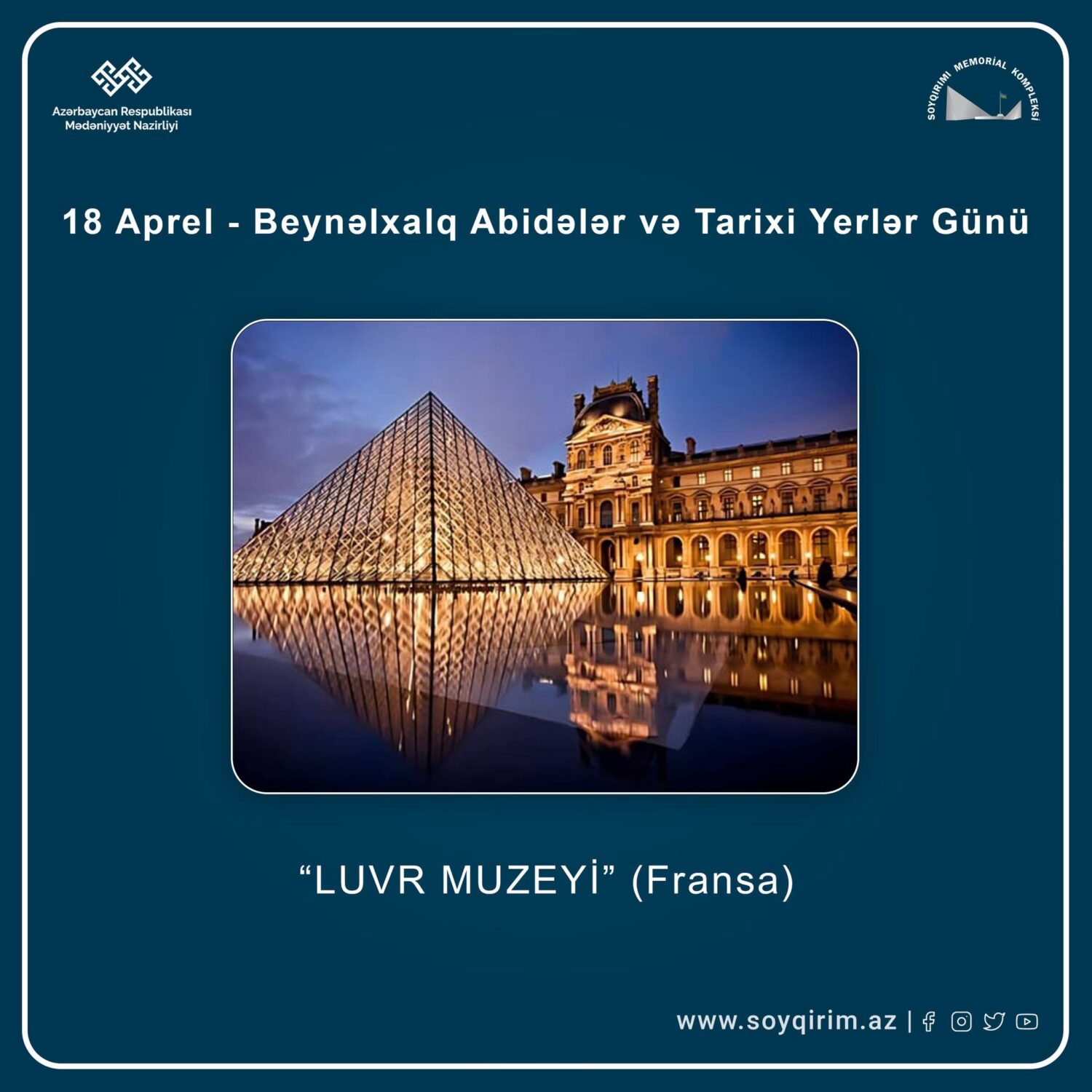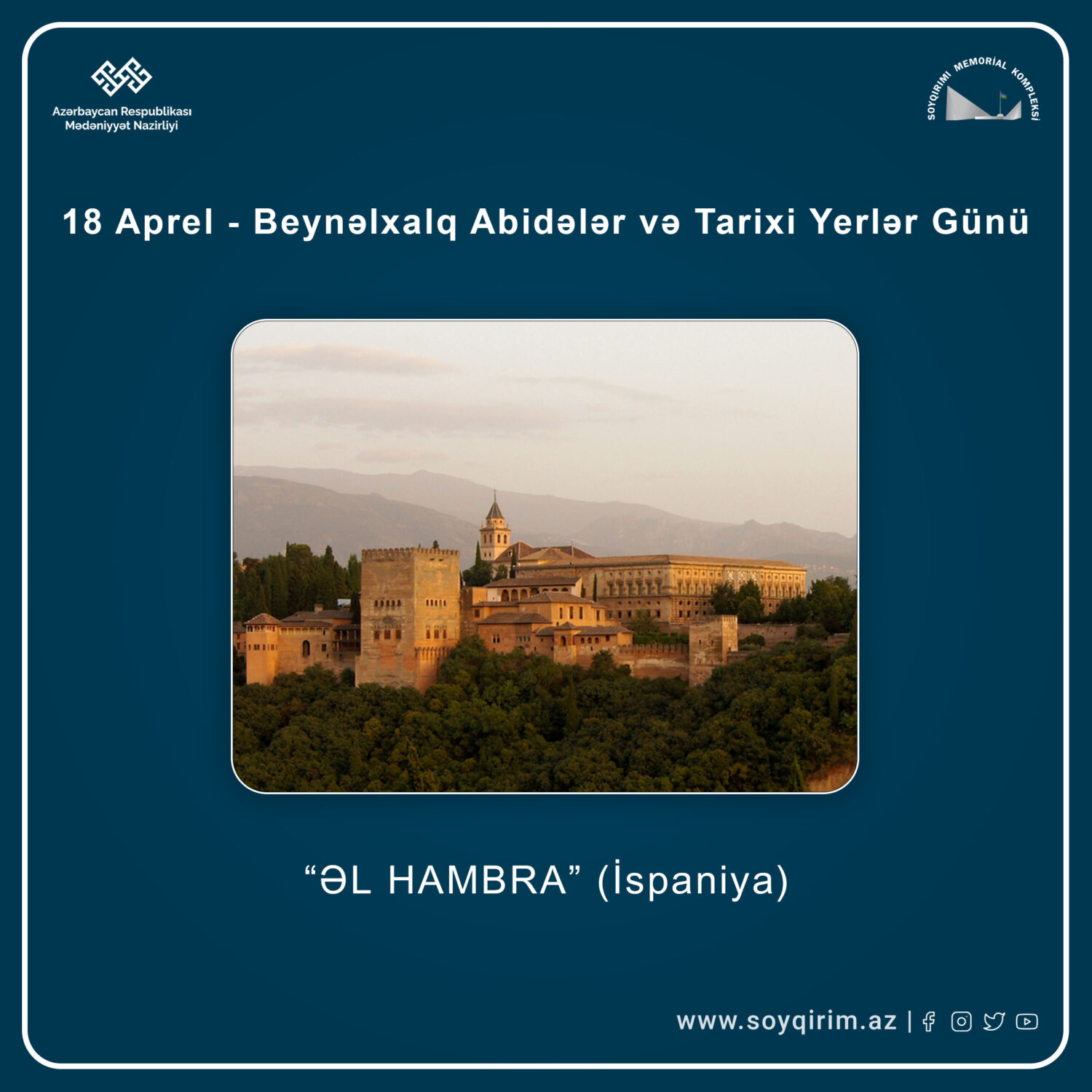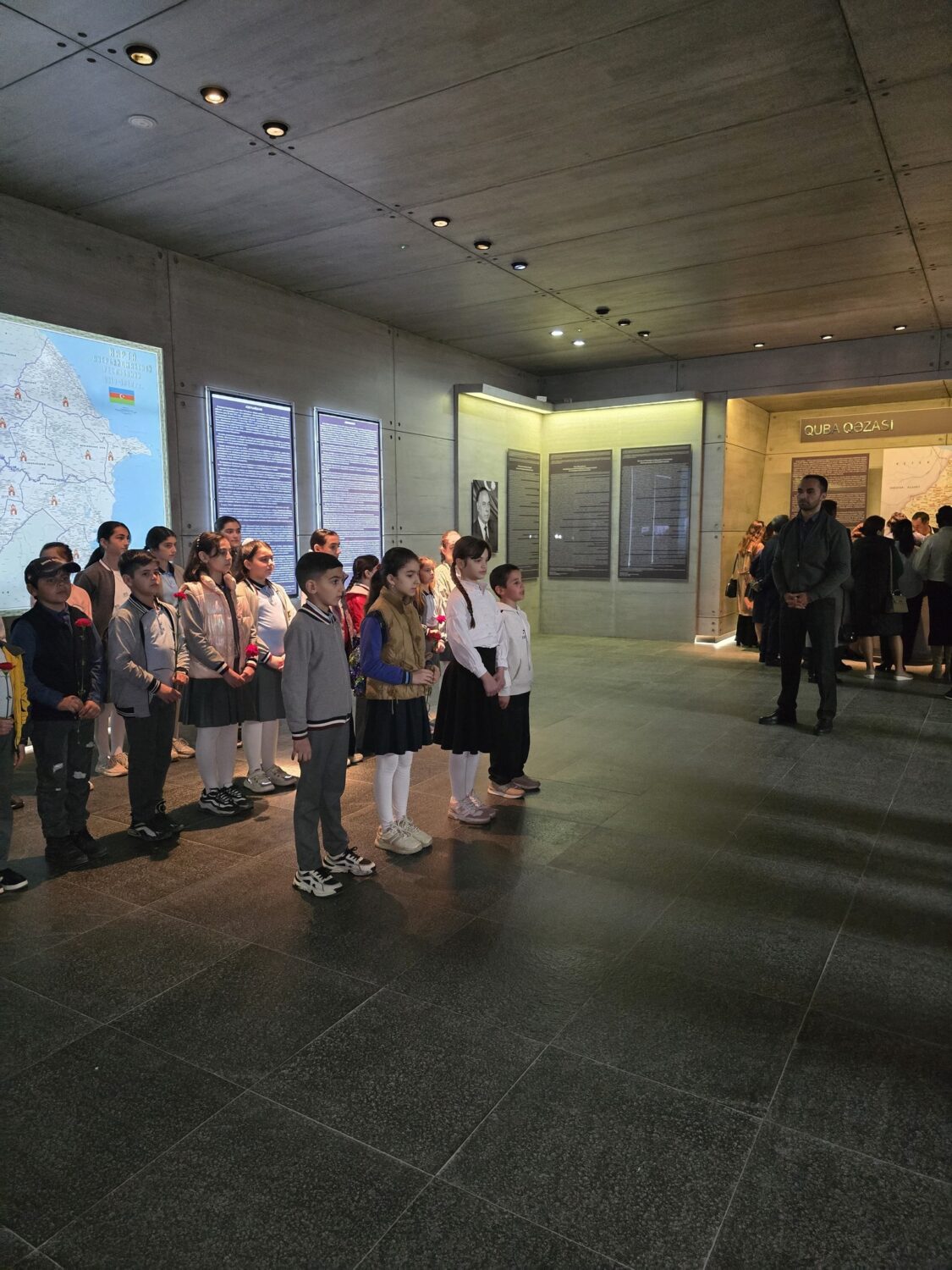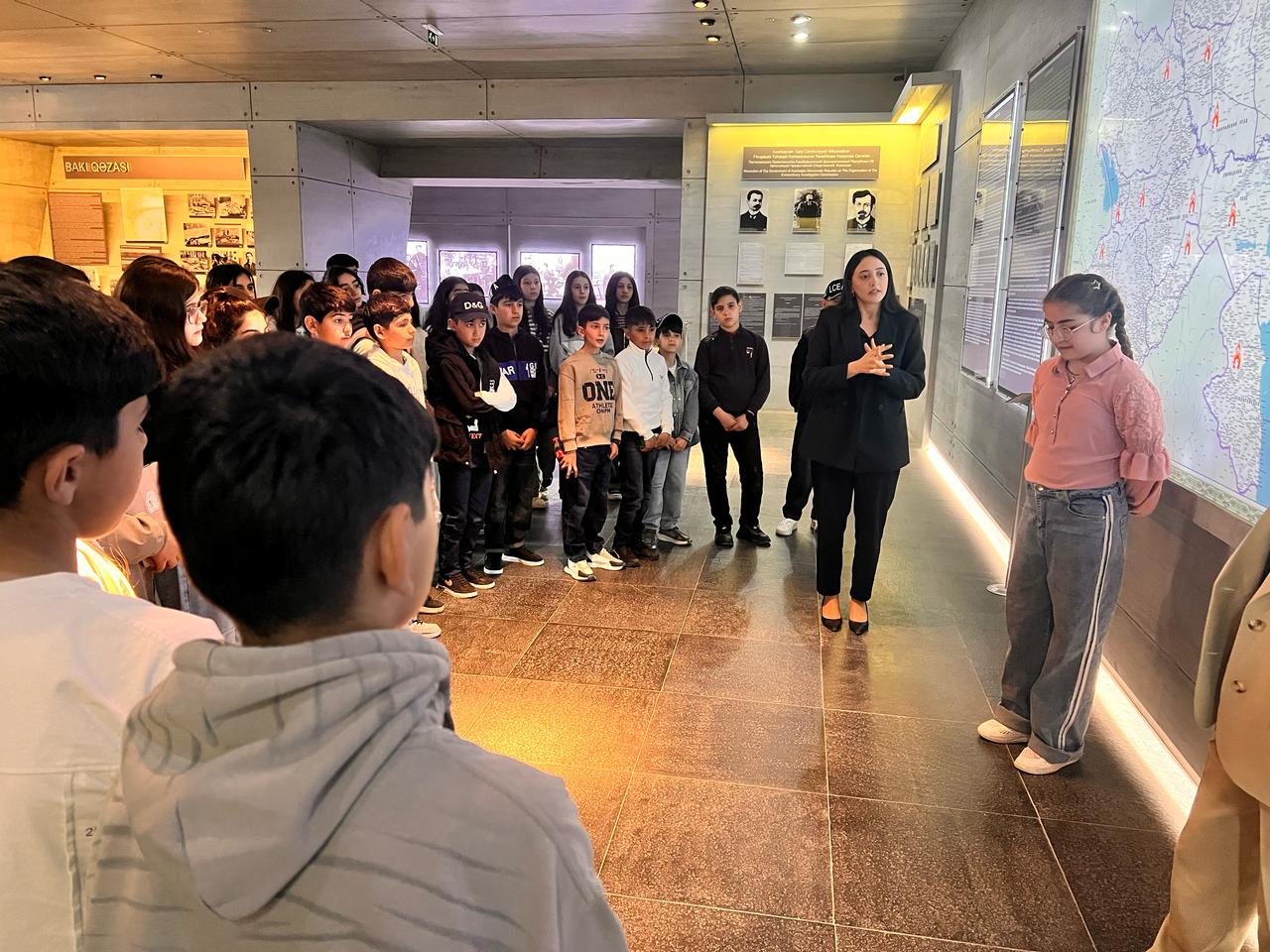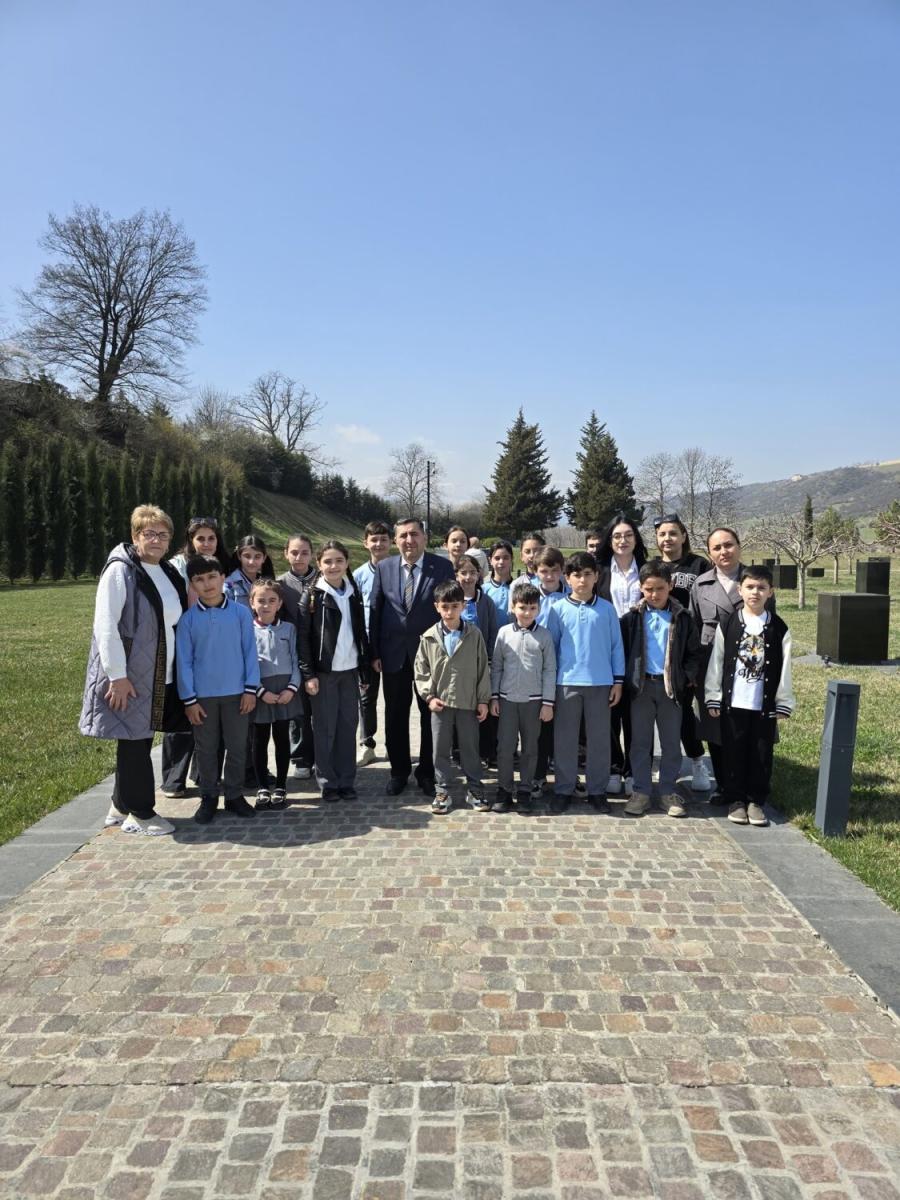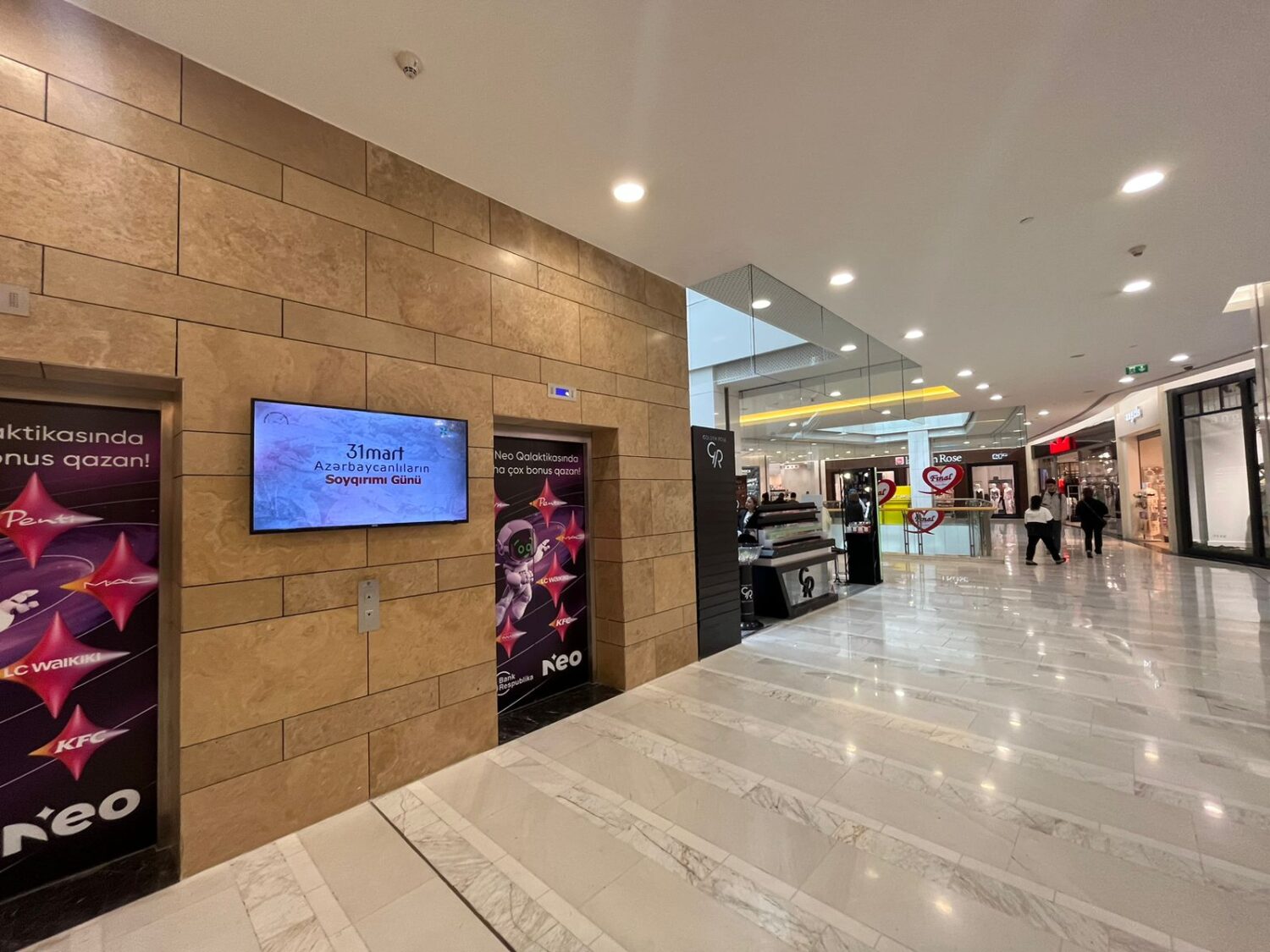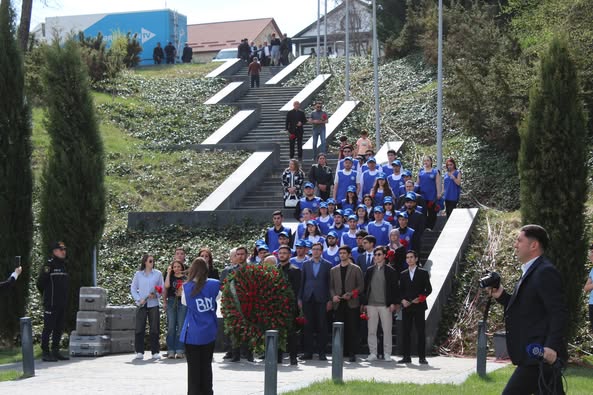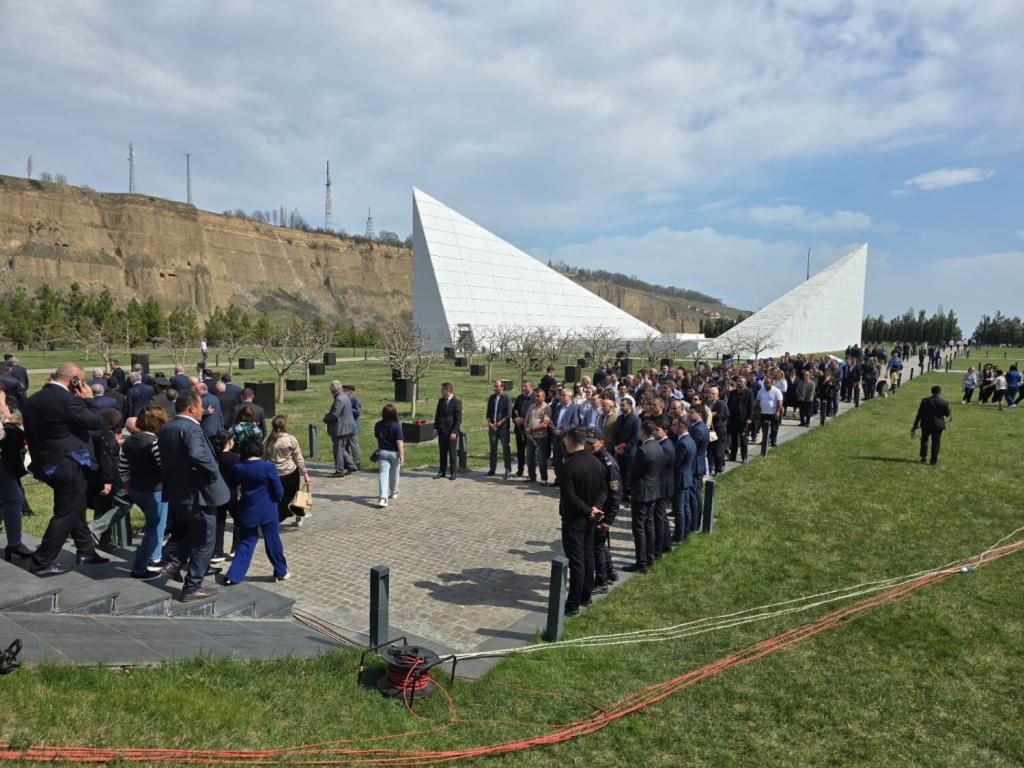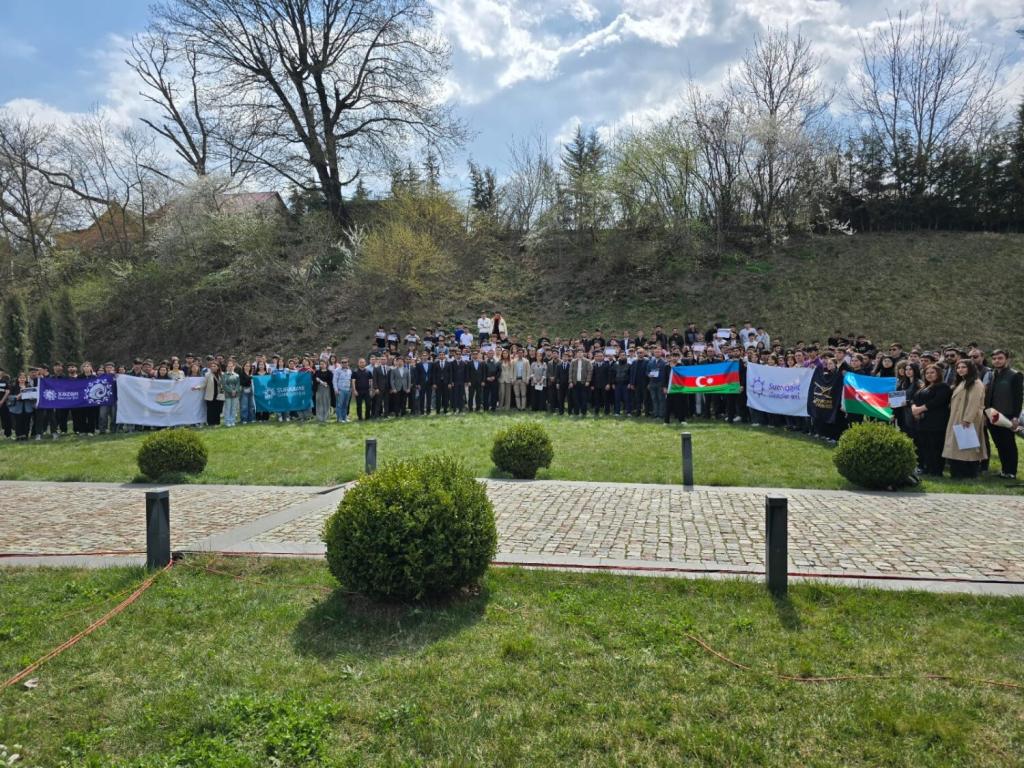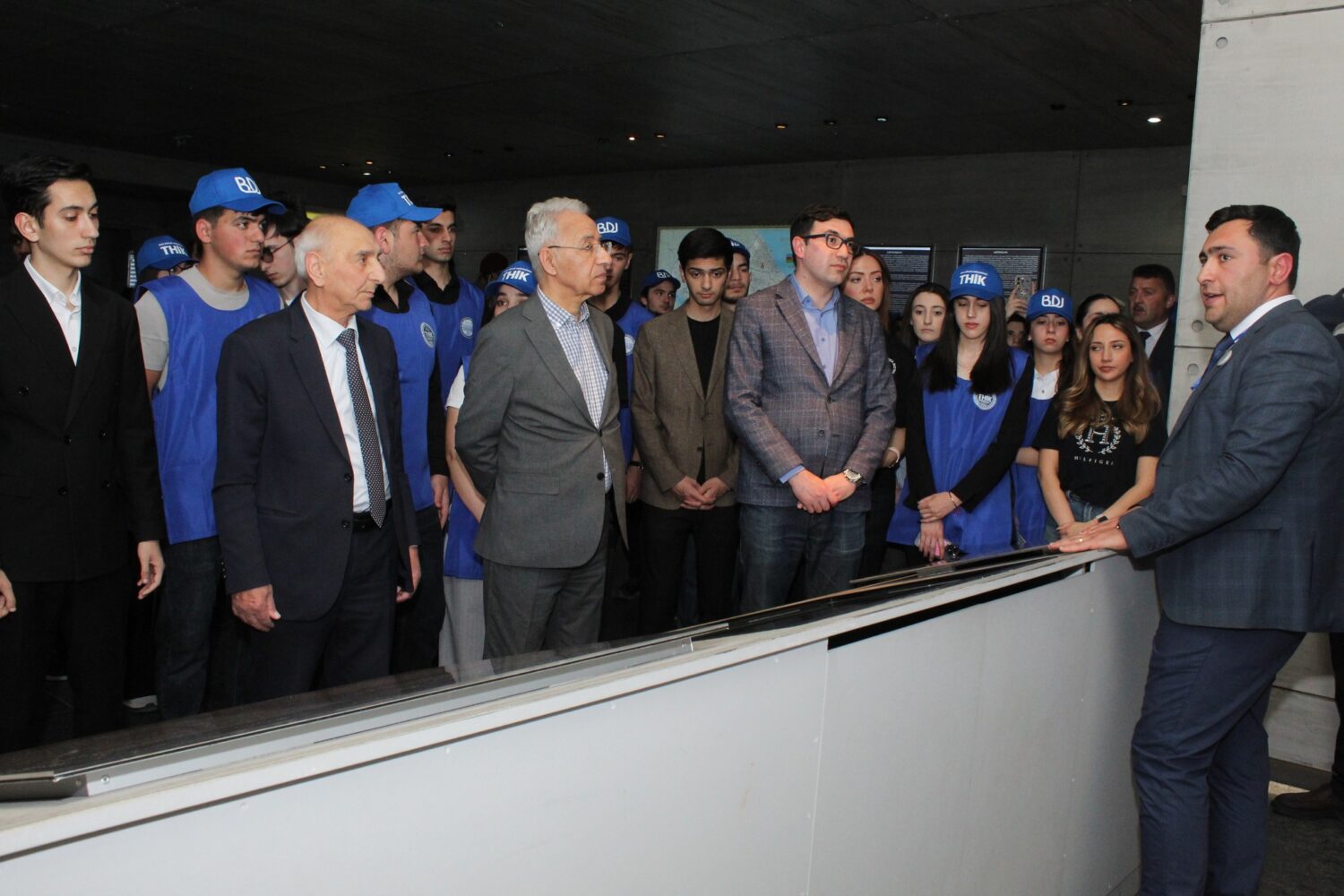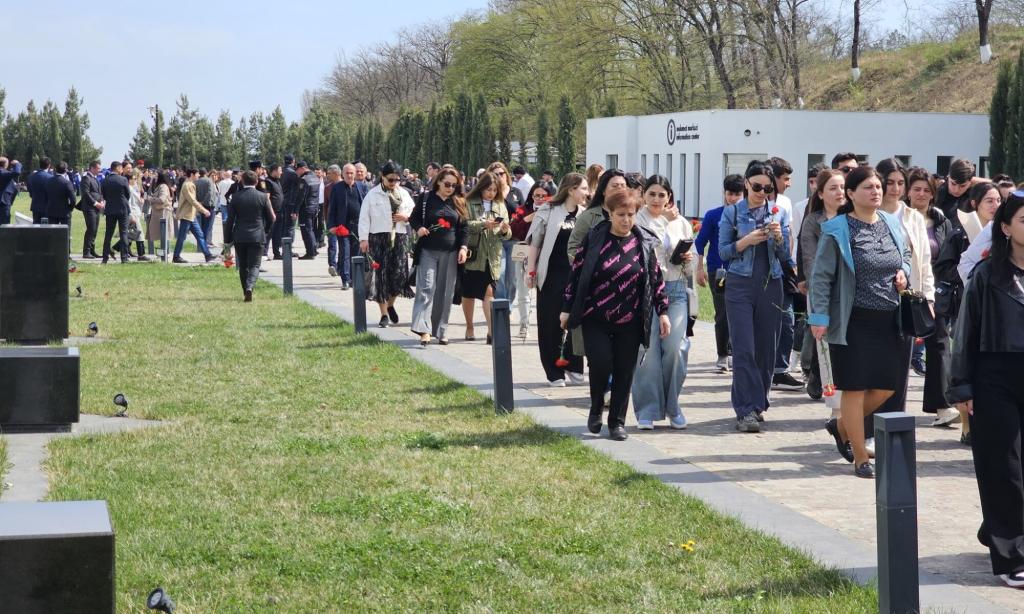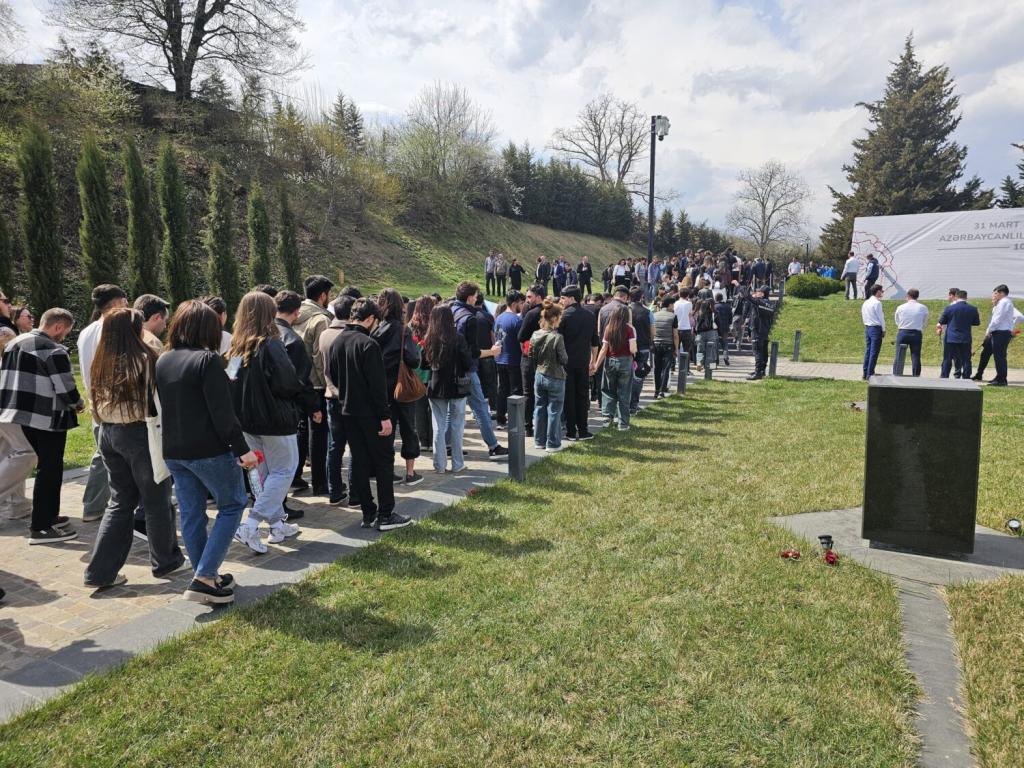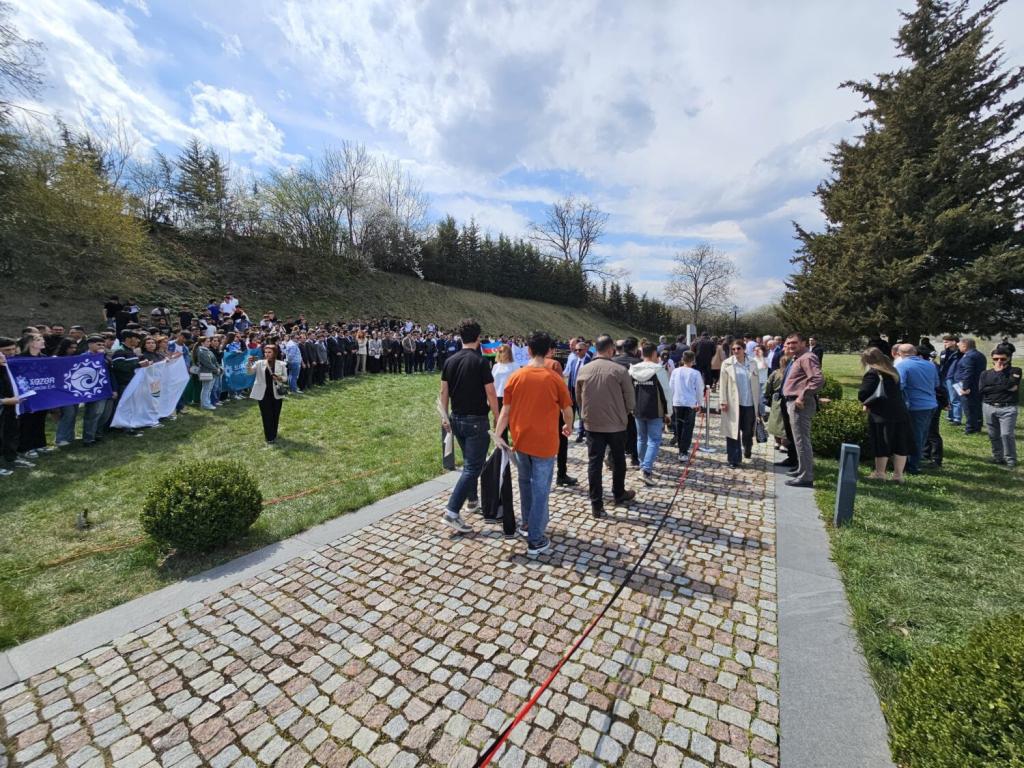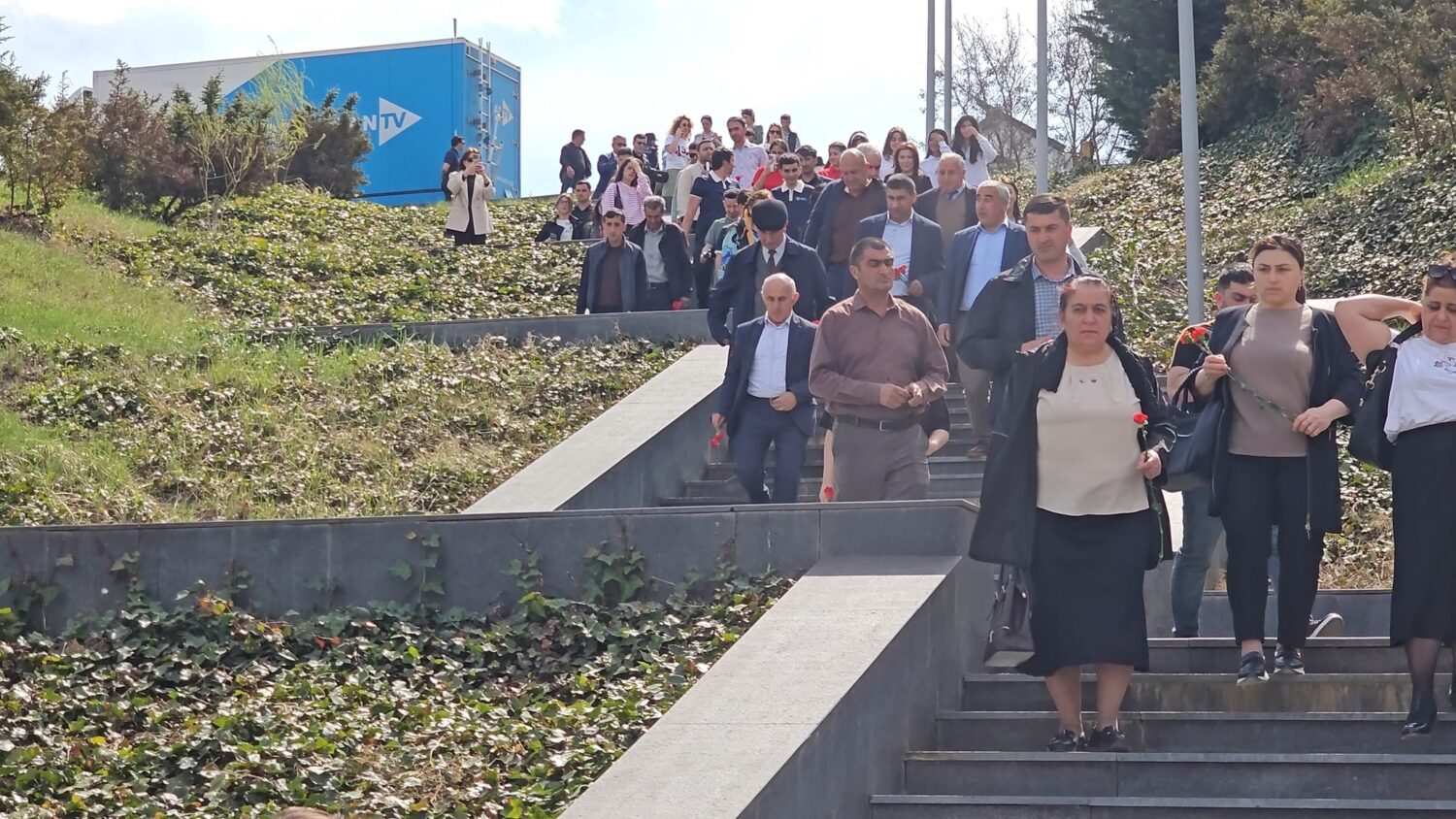
International Monuments Day is a day dedicated to preserving cultural and historical heritage. It reminds us of the importance of monuments and cultural heritage that carry traces of humanity’s past. Every monument is not only a relic of the past but also a treasure carrying valuable information that must be passed on to future generations. The observance of this day helps each of us realize our responsibility to protect this heritage and pass it on to future generations. These monuments are valuable traces reflecting the lifestyle, belief systems, arts, and cultures of the past.
One such monument that carries the traces of history is the Machu Picchu site in Peru. Machu Picchu, also known as the “Lost City of the Incas,” is located in the mountainous region of Peru at an altitude of 2,430 meters above sea level. Built in the 1450s by Pachacuti, this city was constructed far from the center of the Inca Empire, as a sacred place. The city remained hidden for a long time and was rediscovered after 400 years in 1911 by Hiram Bingham, following the Spanish conquest of the Inca Empire in 1532.
Machu Picchu is a complex consisting of over 200 parts, including temples, residences, and storage buildings. The population of the city, mainly engaged in agriculture and worshipping the Sun God Inti, numbered around 1,200 people. The city was built in the mountains and is noted for its excellent stonework techniques. The stones were carefully fitted together and connected by stairways, showcasing the high level of Inca construction technology and architecture.
The city is also home to numerous religious and culturally significant monuments. One of the most famous monuments is the Temple dedicated to the Sun God and the “Temple of the Three Windows.” Around the city, there are also perfectly constructed stone fortresses and buildings with windows. All of these structures demonstrate the advanced architectural and construction skills of the Incas.
Since 1983, Machu Picchu has been included in UNESCO’s World Heritage List. When added to this list, it was recognized not only as an archaeological and architectural monument but also as an important symbol of the culture, history, and beliefs of the Incas.
Machu Picchu is also famous for its natural beauty and spectacular panoramic views. The city was recognized as one of the New Seven Wonders of the World in 2007 and today remains one of the most important tourist destinations in the world.










